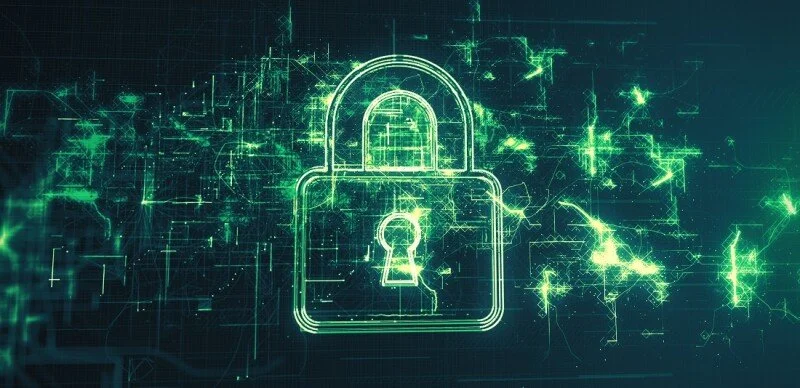Rise in Oil and Gas IoT Leads to Security Concerns
/Increases in both cyber attacks and internet of things (IoT) applications together account for a shift in cybersecurity efforts to keep energy assets safe in the physical and digital worlds.
Most existing defense strategies for cybersecurity are based primarily on traditional IT network security designs and practices, such as assuring data integrity and protecting the confidentiality of data and intellectual property.
However, the growing threat from security issues from emerging technology can lead to downtime, national security concerns, and large ransom requests as we’ve seen happen with utilities.
The energy industry and other industrial verticals are top targets for cyber attacks, which have the potential for serious damages to operational outcomes in the field.
A recent paper, “Security Implications of IIoT Architectures for Oil & Gas Operations” by researchers at USC, reviews the current state of IoT security and the future development of standards and practices for oil and gas.
More IoT devices and more connection points inevitably lead to more entry points for cyber criminals and adversaries. The industry needs to shift to adjust to these changes.
I’m going to go ahead and lock down my IoT fridge so no one can see my terrible eating habits.



